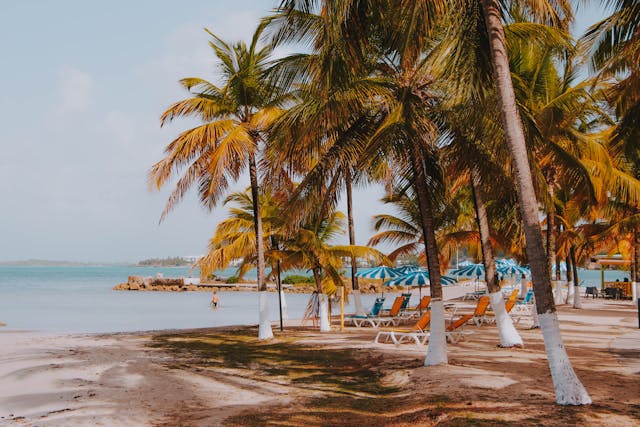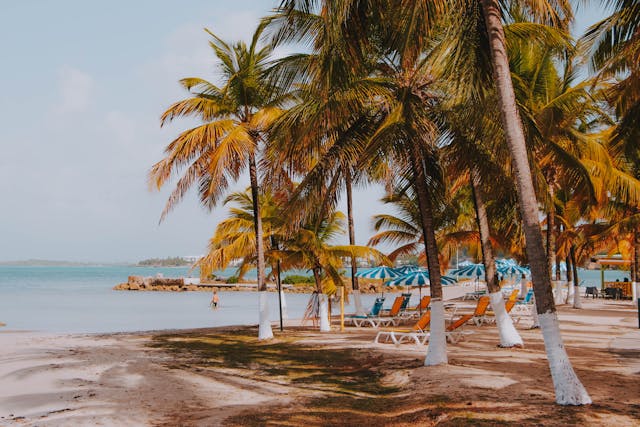ABC News reported that the small town of Le Gosier, located on the French Caribbean island of Guadeloupe, cancelled all classes, shut down government agencies, and paused municipal services following a disagreement between the city council during an emergency meeting.
Issues for the town, with roughly 26,000 residents, allegedly started in April 2025 after newly elected mayor, Michel Hotin, failed to garner support from opposing city council members in efforts to create a general delegation. The idea of the delegation would act as an executive branch, including a general manager and other officials, with the power to authorize contracts and make different decisions on Hotin’s behalf.
The mayor claims the lack of support has stopped him from managing Le Gosier effectively since, without a general delegation, all decisions would require a council vote. Hotin issued an order expected to last through May 7, and in a statement, he defended the closures, saying essential public contracts of state employees can’t be renewed without a proper delegation.
According to The Spec, Guadeloupe’s prefect, who by definition is the highest-ranking representative of the French government within the island’s administrative department, Xavier Lefort, announced he would file an appeal to suspend the order before an administrative court. Before it reaches that level, Lefort encouraged Hotin to take emergency measures to reopen the town and meet with the council immediately, hoping he could renew or award public contracts with a delegation present.
There have been other changes to the island outside of the town of Le Gosier. In January 2025, Guadeloupe, famous for its glorious beaches, announced plans to remove some iconic coconut palms in hopes of stemming coastal erosion and eradicating a contagious tree disease. Fabian Pilet of the Tropical Agronomy Research Centre (CIRAD) said, “The disease is spread by a tiny insect that looks like a cicada.”
“It’s curtains for the palm the minute the first symptoms appear,” the researcher said.
On the La Perle beach, authorities implemented a two-year plan to eliminate some of the palms and replace them with native species with roots that will better stem the erosion. Some residents and visitors aren’t too pleased with the plan but understand its necessity. “Not having coconut palms detracts a bit from the postcard image we have, but there’s still the sand and the warm sea,” retirees Liliane and Gary said.
Coconut palms carrying the disease have caused issues in countries like Jamaica in the 1980s.
RELATED CONTENT: BARBADOS COTTON: THE GOVERNMENT’S LABOR CALL AMID SLAVERY’S LINGERING THREADS






